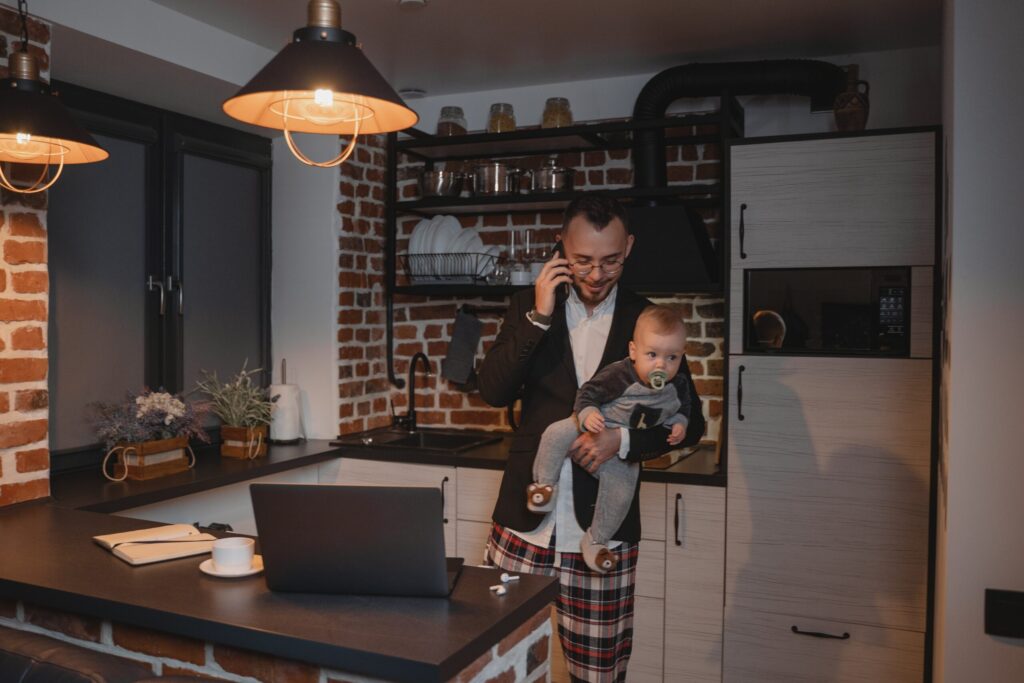In 1866, the National Labor Union asked Congress to pass a law mandating an eight-hour workday. It was rejected, but 74 years later Congress finally limited the workweek to 40 hours when it amended the Fair Labor Standards Act in 1940.
So raise your hand if a 40-hour workweek describes you. Raise your hand again if you work eight-hours or less every day.
I’m going to guess that many of us have worked 10- or 12-hour days several times over the course of our careers, and many of us have worked during the weekends and while on vacation.
What’s up with that?
For so long, we’ve been calling this struggle between work and life “work-life balance,” as if somehow an 8-hour workday would create balance in our lives. If we won the war, after the 8th hour we could walk through a physical and metaphorical door and, with work behind us, enjoy life for the rest of the night or weekend.
This myth is represented even in the way the phrase is written – work and life have a line between them as if there’s a line between work and life. Anyone who’s thought about work in the middle of the night, checked email while watching TV, or completed that one little task while coffee was brewing, knows that’s ridiculous.
And what about the friends we make at work? Tonight, for example, I’m headed to a work function but the people in the room are my dear friends. Is this a work event or a life event? I’m thinking it’s life –I’m going to grow personally and professionally, and gain support and love from my friends, all while talking about work… and life.
Then there’s technology. This wouldn’t be a good post about work-life balance if I didn’t mention technology. Yep, we can text and email our coworkers from home, making it even more clear that the line, or balance, between work and life is incredibly unclear.
Even before smart phones, though, it’s just not possible that our work life and our personal life were separated. Our careers, our professional accomplishments, and the stories we tell about work are a huge part of our self-concept and self-esteem. They’re a huge part of life.
Like it or not, work is part of our identity – intertwined and engrained in the stories we tell ourselves and others.
Now, employers are faced with the conundrum of a workforce who wants more flexible work. They want to work from home some days and spread their eight (or 10 or 12) hours over the course of the day.
In other words, the workforce no longer seeks work-life balance. They seek work-life integration. They want to check emails before the kids get up, take a client call while at a doctor’s appointment, and finish up that report after they’ve had dinner and watched an episode of their latest Netflix binge.
Is that too much to ask?
I think your workforce was already doing it. They just want your permission to do it, so they don’t feel sneaky and unethical about it.
In the past it was necessary to push for eight hours and the myth of work-life life balance as a matter of physical safety and human dignity. But after all these years balance is still rarely achieved – because that would mean you spend the same amount of time in work-life as you spend in life-life.
There isn’t a scale to balance here, and work and life aren’t on opposite sides of it.
Lean into flexible work and allow your team to flourish in a world of work-life integration that’s already existed for some time.
Work-life balance was always a myth.
It’s always just been life.
For tips on creating flexible work for your workforce, check out my LinkedIn Learning course on the topic.
Sincerely,
Catherine & The Civility Partners Team


